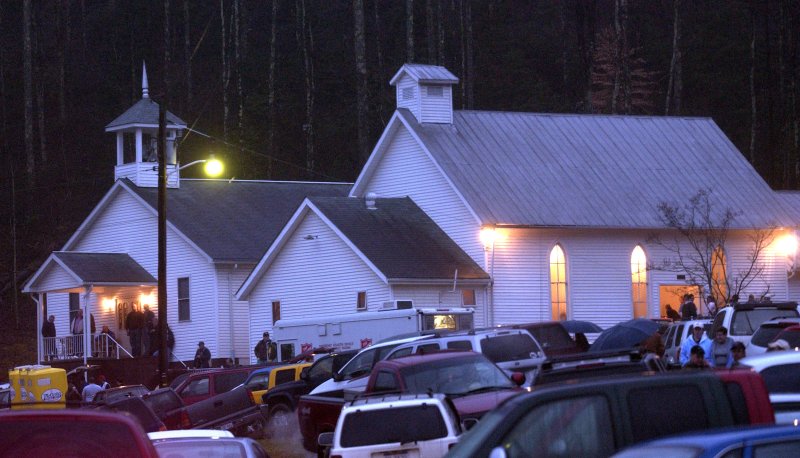In 1788, Georgia ratified the Constitution, the fourth of the original 13 colonies to do so, and was admitted to the Union.
In 1811, Timothy Pickering, a Federalist from Massachusetts, became the first U.S. senator to be censured after being accused of publicly revealing secret presidential documents.
In 1942, Japanese forces occupied Manila, forcing U.S. and Philippine forces under U.S. Army Gen. Douglas MacArthur to withdraw to the Bataan Peninsula.
In 1959, the Soviet Union launched Lunik-1, the first unmanned spacecraft to travel to the moon.
In 1974, U.S. President Richard Nixon signed a bill requiring states to limit highway speeds to 55 mph or lose federal highway funds.
In 1990, Britain's most-wanted terrorism suspect, Patrick Sheehy, was found dead in the Republic of Ireland.
In 2006, 12 men were killed in a methane gas explosion in a coal mine in West Virginia's Upshur County. (One man was found alive after 41 hours trapped underground.)
In 2009, in a tight runoff after an even tighter general election, John Atta Mills was elected president of Ghana with 50.2 percent of the vote, edging Nana Akufo-Addo. (The president died in a military hospital July 24, 2012, with five months remaining in his first term in office.)
In 2011, Prince Harry, grandson of England's Queen Elizabeth II, was sent home from military service in Afghanistan after a magazine revealed his presence in the war zone. (He later returned to continue training as a gunship pilot.)
In 2013, a Kremlin statement said President Vladimir Putin raised Russia's retirement age to 70, allowing the country to keep "highly qualified and experienced civil servants as upper level personnel in the federal civil service." In 2014, fifty-two passengers stranded 10 days on an icebound Russian ship in Antarctica were picked up in small groups by a Chinese helicopter and flown to safety.
A thought for the day: "Freedom is not worth having if it does not include the freedom to make mistakes." -- Mahatma Gandhi















